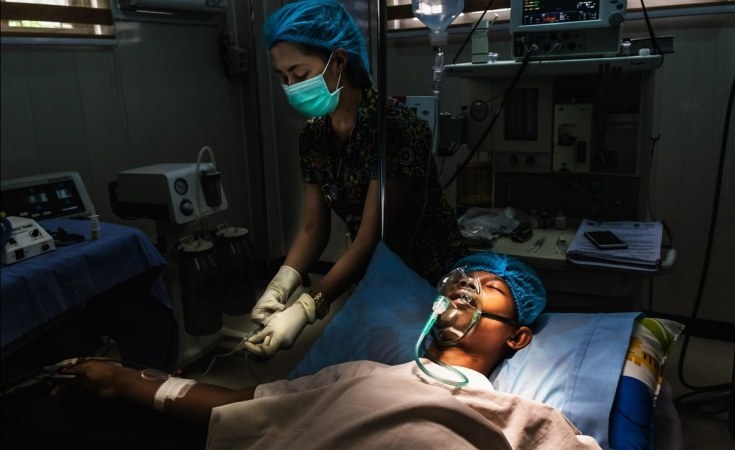The World Bank and the WHO published a case series of country experiences in recognition of the collaborative need to better support countries as they strive to address the growing threat of AMR.
The countries in this report - Sierra Leone, Burkina Faso, Jordan, and Malawi - provide examples of meaningful actions that can be taken to address AMR regardless of a country's technical capacity or stage of AMR Nation Action Plan implementation.
- Using the WHO Costing and Budgeting Tool for NAPs on AMR, Sierra Leone has developed a costed operational plan to help mobilize resources for the sustainable implementation of its prioritized AMR activities.
- Burkina Faso's AMR Committee has successfully enacted several key actions to address AMR, including strengthening surveillance, ensuring safer antimicrobial prescribing practices, and improving water and sanitation, highlighting the important role of a dedicated governance structure to drive action on AMR.
- Malawi's AMR National Coordinating Committee (NCC) played a critical role in coordinating government ministries, implementation partners, and civil society organizations, raising public awareness, ensuring safer prescribing practices, and strengthening infection prevention and control (IPC) measures in health facilities.
- The AMR and AMC surveillance systems in Jordan helped identify targeted actions for antimicrobial stewardship interventions, including guidance and regulations aimed at ensuring safer prescribing practices among healthcare workers.
This report has the potential to motivate greater action on AMR by helping other countries identify easier entry points and by highlighting opportunities for resource mobilization for the sustainable implementation of NAPs on AMR.The One Health Trust provided support in the development of the Burkina Faso and Malawi country stories.
Funding for these case studies was provided to WHO by the Government of the Kingdom of Saudi Arabia, the Government of the United Kingdom of Great Britain and Northern Ireland (UK Aid/Fleming Fund), the Government of the Republic of Korea (Korea International Cooperation Agency - KOICA) and to the World Bank by the Government of Denmark.


